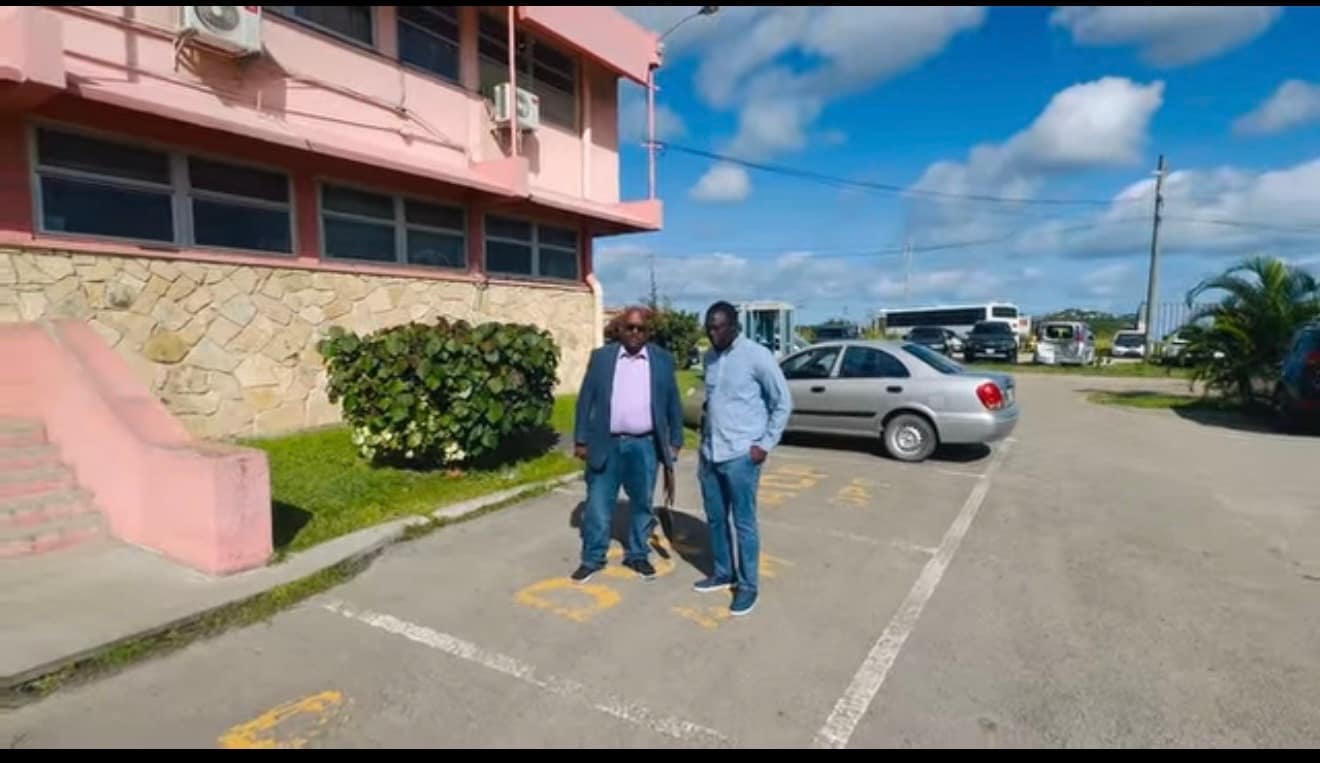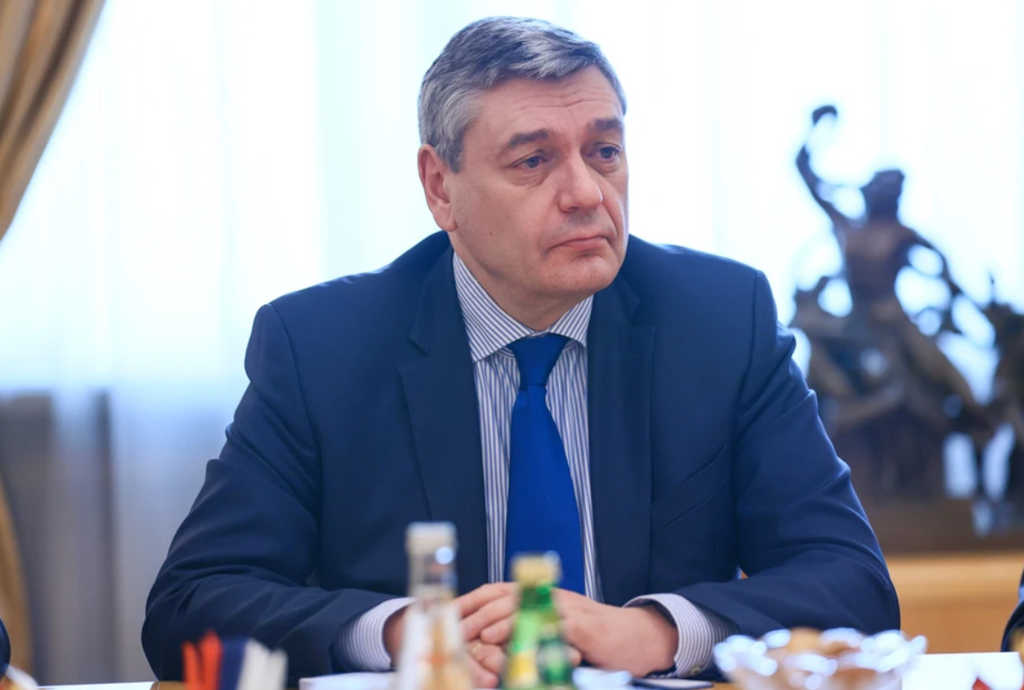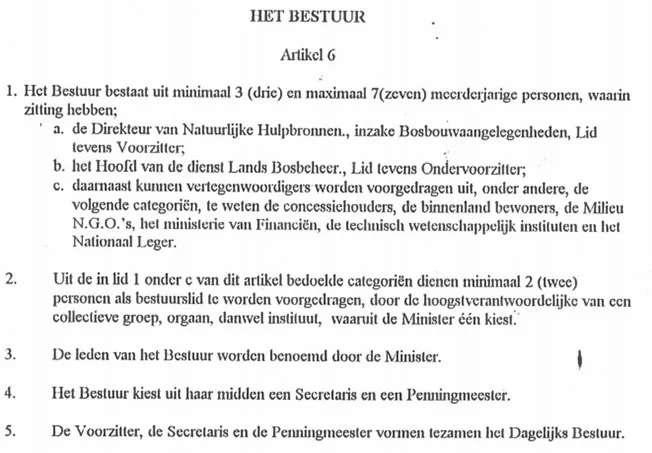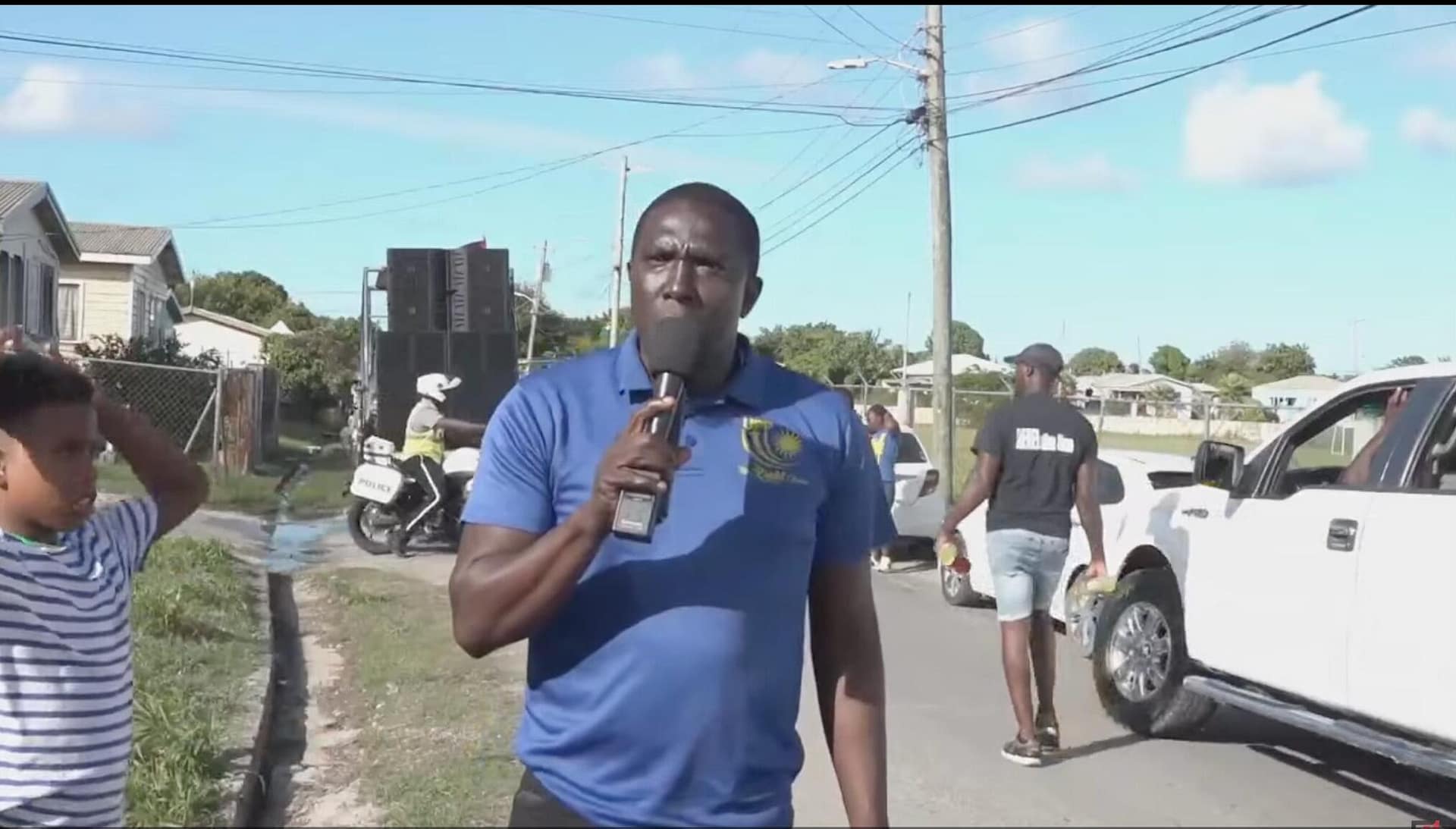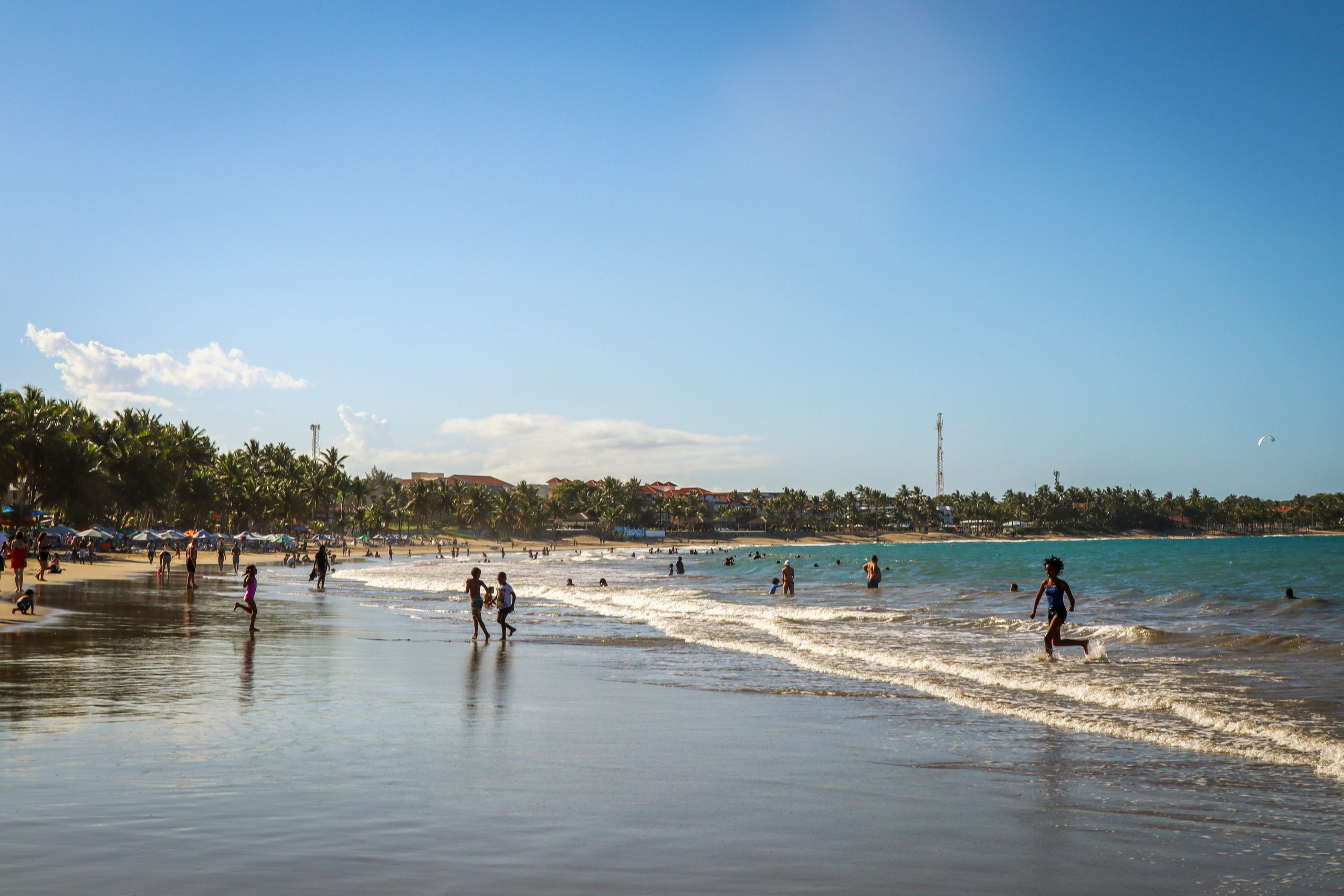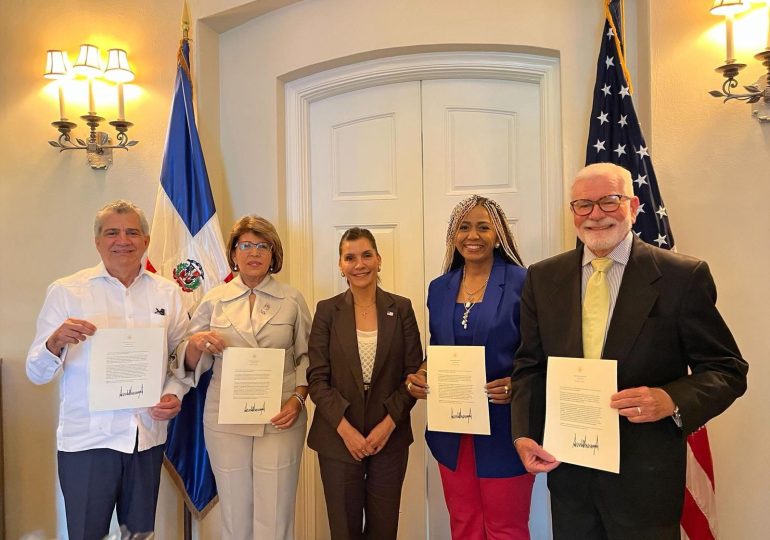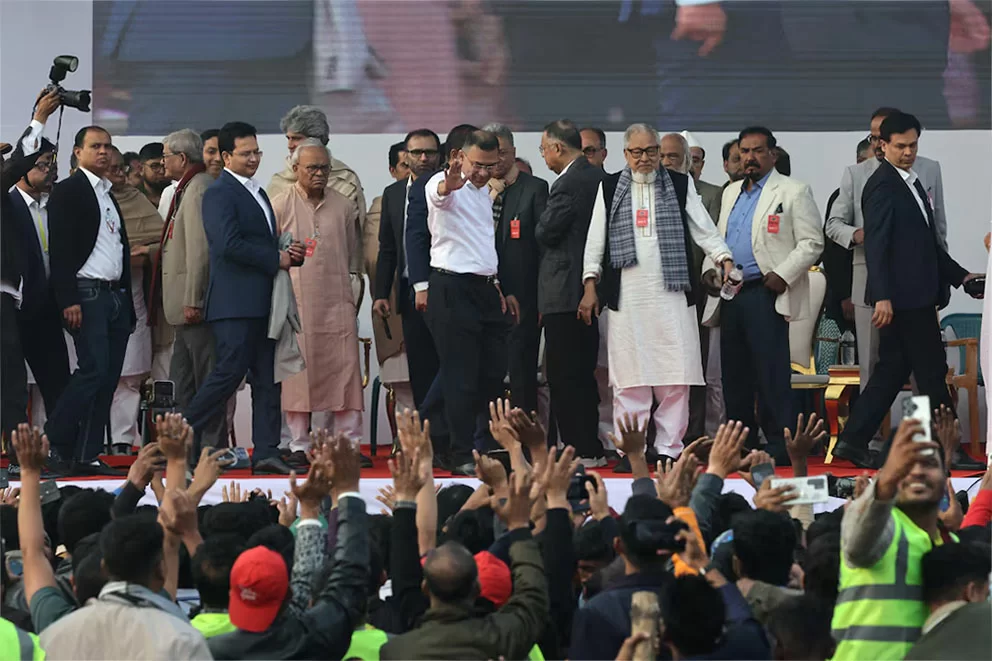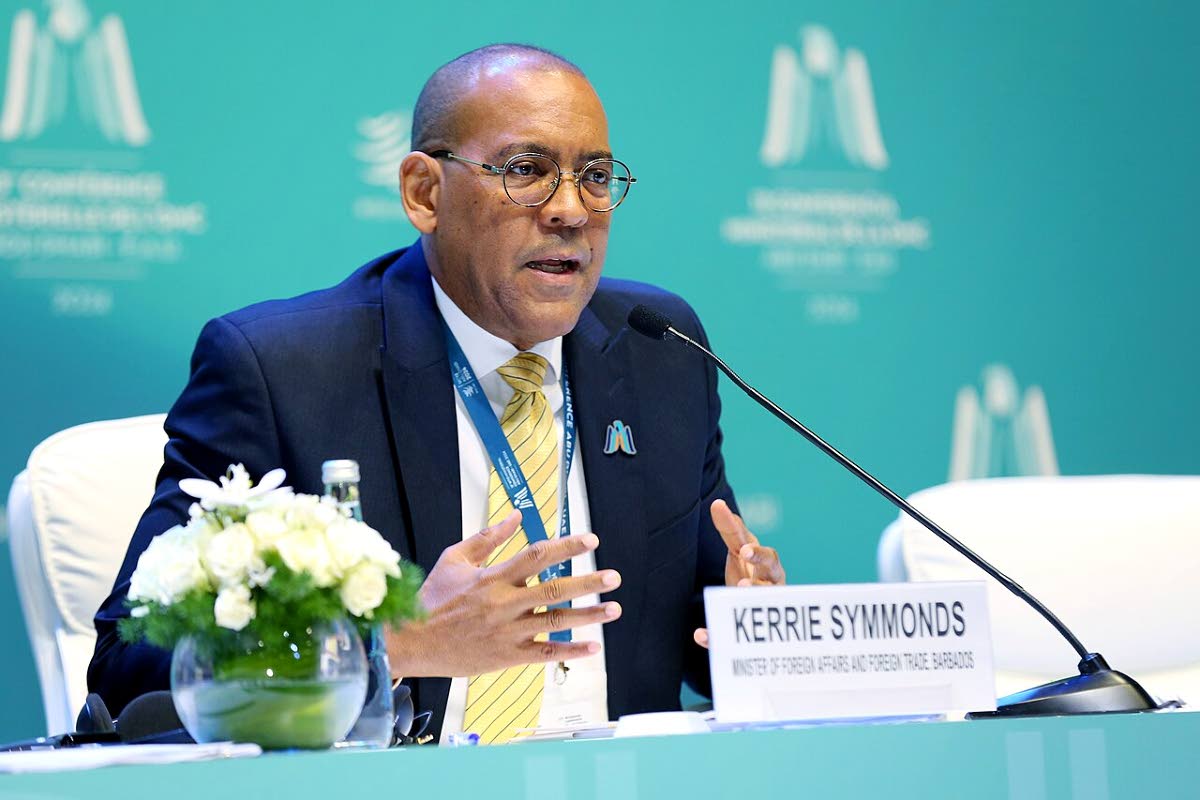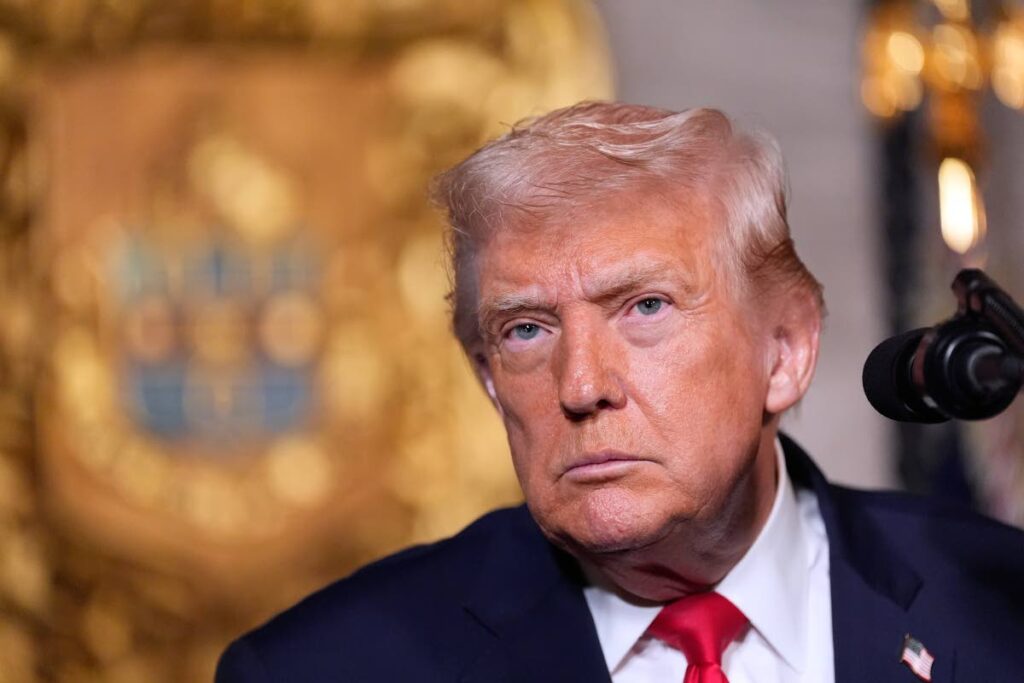In the Netherlands, political parties are exercising their right to utilize religious holidays for societal messaging, with several organizations having disseminated Christmas communications that meet journalistic standards in both content and tone. This demonstrates that political communication and festive periods need not be inherently incompatible. However, when religious symbolism is employed to bolster political assertions, such messaging must withstand scrutiny regarding factual accuracy, democratic principles, and accountability.
The United Reformed Party (VHP) declared in its Christmas message that the May 25th elections positioned it ‘in opposition as the sole party safeguarding the people’s voice.’ This constitutes not merely an audacious claim but primarily an undemocratic characterization of political reality. Within a parliamentary democracy, no single party exclusively protects the popular will. All parties that secured votes—whether in coalition or opposition—share this responsibility, with The National Assembly serving as the supreme representative body.
The implication that VHP uniquely champions the popular will disregards not only other parties’ roles but also voters themselves. Had VHP truly represented the people’s voice and compass, the electorate would not have relegated it to opposition benches after five years of governance. Elections represent democratic judgments rather than random occurrences.
Notably, VHP’s message extensively expresses sympathy regarding poverty, rising prices, and daily living pressures. While this empathy sounds compassionate, it inevitably raises the question: where was this problem-solving capacity during the past five years? Between 2020 and 2025, VHP possessed both opportunity and power to implement structural alternatives. Poverty reduction, legal certainty, fundamental rights protection, nationwide uniform education, healthcare, and social policy constituted governmental responsibilities rather than opposition themes. That these issues are now revisited without self-criticism or acknowledgment of policy failures renders the message particularly bitter.
The disconnect between rhetoric and action manifests equally in VHP’s parliamentary conduct. During debates concerning initiative nature conservation legislation, where substantive discussion, improvement, and constitutional diligence were expected, VHP engaged primarily in obstruction and questioning of proposers’ motives. Constructive contribution was scarcely evident. Ironically, coalition factions—despite the bill originating from their own coalition circle—subjected proposals to critical analysis and thoroughly dismantled the initiative. This exemplifies parliamentary craftsmanship and demonstrates legislative oversight in the public interest.
VHP’s creation of a self-serving misleading myth represents particularly concerning undemocratic expression. Claims of ethnic exclusion from governing coalitions shortly after elections contradict factual reality. The truth remains that VHP pursued coalition participation until the final moment but was rejected by all other parties regardless of their reasons. No evidence supports allegations of ethnic discrimination.
Nevertheless, VHP’s Christmas message positions itself as ‘the light in darkness,’ directly comparing Christ’s birth to its political role. Religious imagery can prove powerful but becomes problematic when suggesting political superiority. According Christian belief, Christ came not to rule but to serve—precisely the element absent in a message radiating primarily self-glorification.
Christmas represents a moment for reflection, truth, and humility. Those claiming unprecedented freedom to warn and inspire should equally demonstrate courage examining their own choices, missed opportunities, and policy errors. Inspiration without honesty constitutes not light but illusion.
VHP retains every right to dream, warn, and oppose—fundamental democratic privileges. However, distorting democratic reality and ignoring governmental responsibility undermines credibility. Christmas deserves more than political marketing; it deserves truth. And truth tolerates no deception, even when expressed in festive wording.
